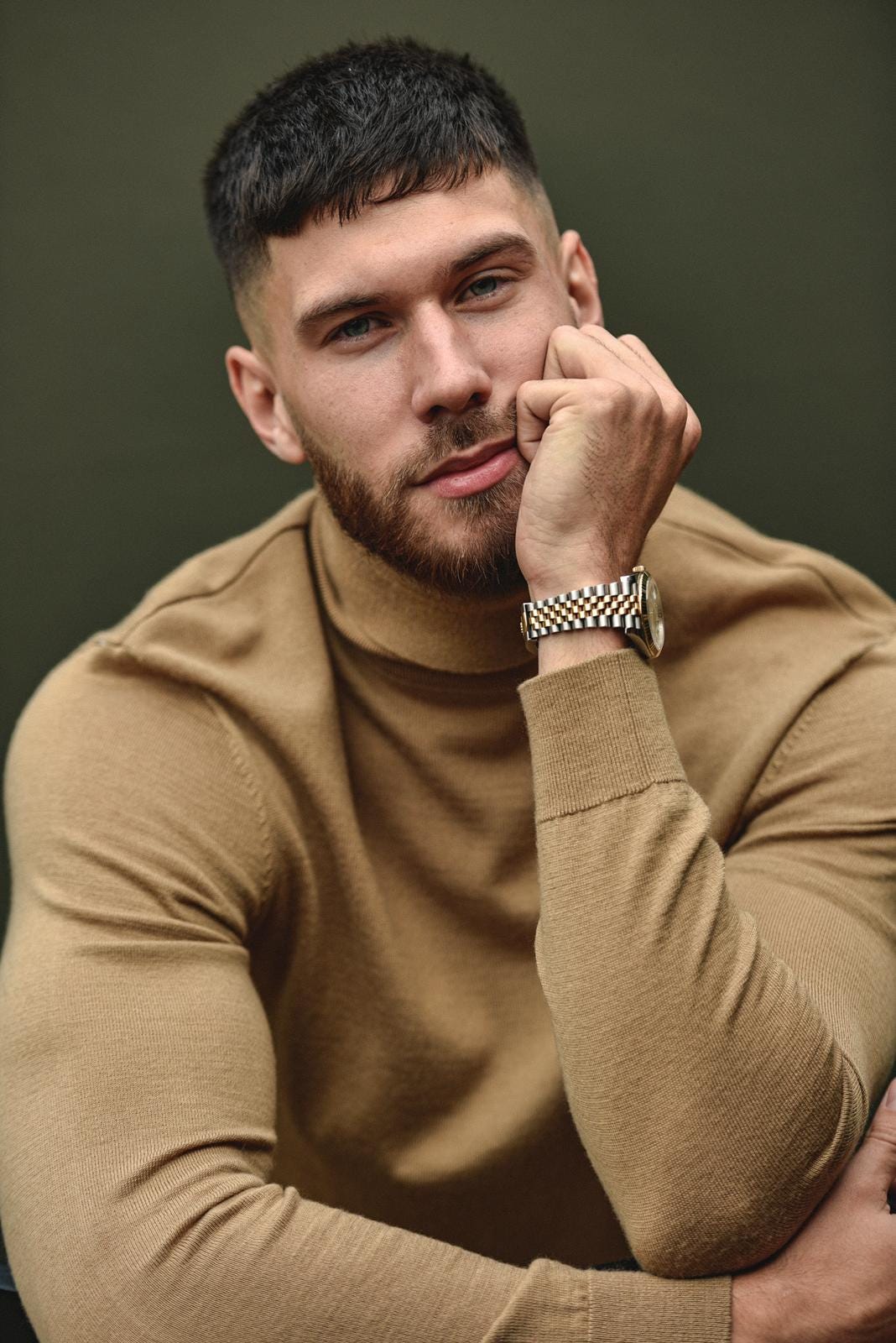Jack Fowler: “There's an infinite amount of mixes you can have – everyone looks so unique”
The artist on the blessings of mixedness, racial discrimination and making the Saints proud
Hi, welcome back to Mixed Messages! This week I’m speaking to artist Jack Fowler, who is of mixed-St Helenian and white heritage. You may recognise Jack from Love Island, where he earned the affectionate nickname ‘OluwaJack’ in reference to his closeness to the Black community. Yet it came as a shock to many when Jack shared that he was actually mixed-r…


